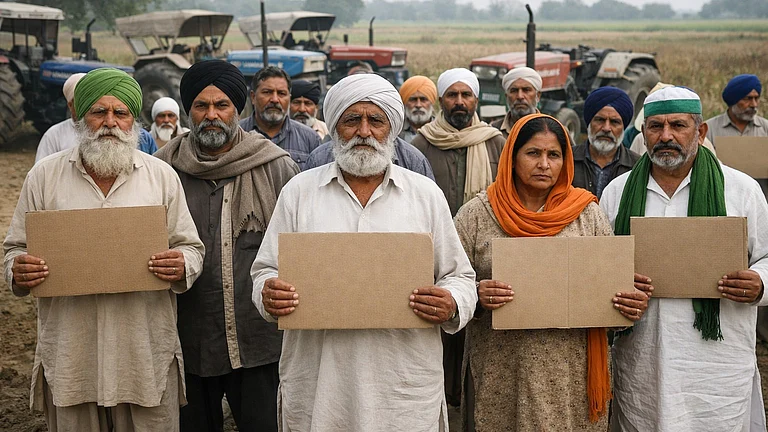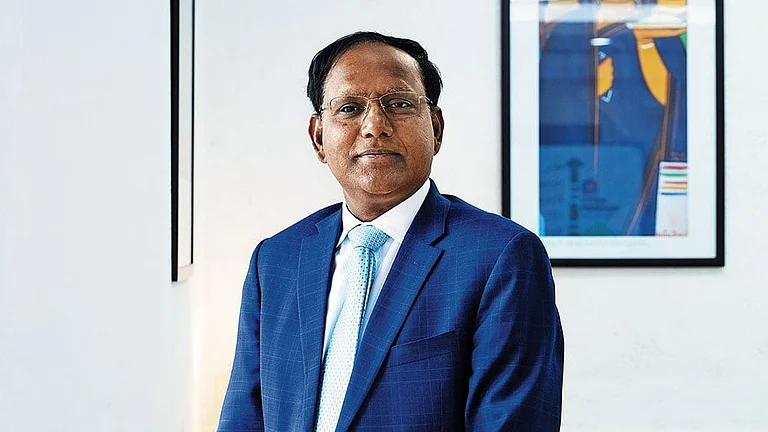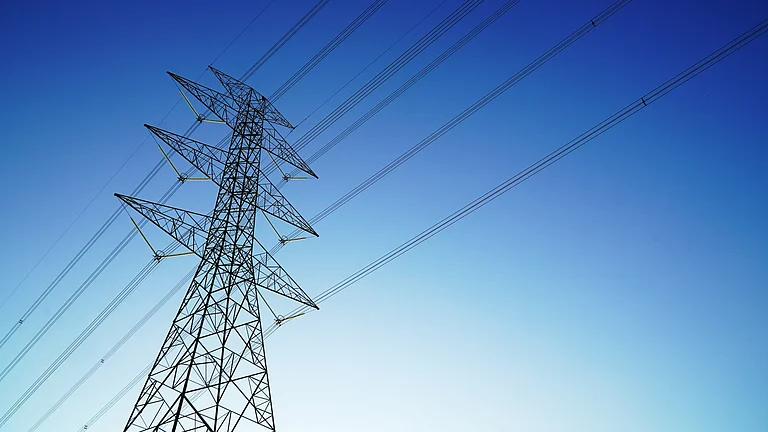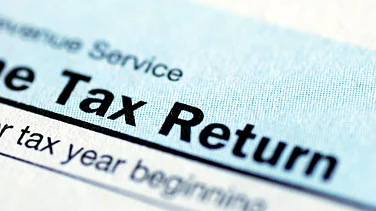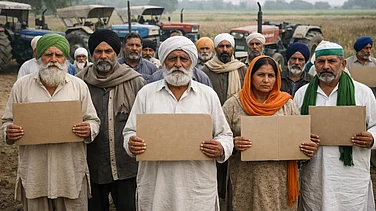In a fresh trouble for the Arvind Kejriwal government, Delhi Lieutenant Governor VK Saxena has recommended a CBI probe into its Excise Policy, 2021-22, over alleged violations of rules and procedural lapses, officials said on Friday.
The CBI inquiry was recommended on Delhi Chief Secretary's report filed earlier this month, showing prima facie violations of GNCTD Act 1991, Transaction of Business Rules (ToBR)-1993, Delhi Excise Act-2009 and Delhi Excise Rules-2010, they said.
Apart from this there were also "deliberate and gross procedural lapses" to provide post tender "undue benefits to liquor licensees", said the officials.
AAP chief spokesperson Saurabh Bhardwaj said that central agencies like the CBI and ED will investigate against every minister of Delhi government to keep it at bay as Prime Minister Narendra Modi is "scared" of party convener and Chief Minister Arvind Kejriwal since Aam Aadmi Party's stupendous victory in Punjab.
The LG has found "substantive indications" of “financial quid pro quo” at the "top political level" wherein the excise minister “took and got executed major decisions in violation of the statutory provisions” and notified the Excise Policy that had “huge financial implications”, sources said.
Deputy Chief Minister Manish Sisodia heads the Excise department of Delhi government.
What Is Delhi Excise Policy 2021-22?
In order to improve the experience of individuals while buying liquor in the city, the Delhi government proposed a new Excise Policy. The excise revenue, presently generated in Delhi, is at sub-optimal level and there is significant potential for revenue augmentation and also providing a decent standard of customer experience commensurate to the stature of the National Capital, Delhi Government said in its Excise Policy document.
As per the new policy all the government operated liquor shops were closed and were replaced with the private shops in the process Delhi government generated Rs 8,900 crore in revenue, which was 27 per cent higher than its reserve price. The city was divided into 32 zones with each zone having 27 liquor vends.
The new policy was implemented on June 11. Under the new policy, retailers were free to decide the selling prices in a competitive environment, rather than an MRP being mandated by the government.
Following the new Excise Policy and ensuing competition, liquor vendors started offering attractive offers to lure customers. Many liquor stores in Delhi started offering buy one get one free scheme on bottles that led to high demand for liquor and long queues outside liquor vends. The government took note of the situation and ordered liquor stores not to advertise deep discounts on the sale.
Shop Closures, Deep Discounts On Liquor After New Excise Policy
Last month the number of retail liquor stores in the city came down by around 200, with many licensees quitting the business due to "financial losses" and problems faced by them under new excise policy regime, sources told Press Trust of India.
A total of 849 liquor store licences were issued by Delhi government last year under its excise policy 2021-22. However, only 639 stores were still open by May end this year, according to official figures
The latest list of retail liquor stores shared by the excise department on its website showed that the number has gone down to 464 in June.
The excise policy 2021-22 that ended on May 31 was extended by two months by the Delhi government's excise department offering the retail licensees chance to renew their licenses paying fees on the pro rata basis for the extra period.
However, many license holders did not opt for the extension and shut shops as they were already finding it difficult to reach break even after paying high license fees, liquor traders claimed.
"There were different reasons that dampened the spirit of retailers, like the issue of opening liquor stores in non-conforming wards, the cut-throat competition waged by heavy discounts, and the entry of new brands in the market," said a liquor trader.
Under the excise policy extant, each licensee had to open three stores in each municipal ward. However, out of 272 municipal wards, 100 were non-conforming where the shops could not open due to action by civic bodies against violations of Delhi Master Plan rules, officials said.
"With retailers allowed to give discounts to the consumers, some big players promoted new brands with schemes like buy one get one free' and offering rebate up to 40 per cent. The government intervened and capped discount to 25 per cent but the retail shops did not desist from offering higher discounts," another liquor trader said.
The excise policy 2021 was extended up to July 31 but licensees in nine out of 32 zones did not renew their licences due to different reasons, an excuse department official said.
Last year, licences for 32 zones, each with permission to open 27 shops, were auctioned by the government at high fees.
Zone 31, comprising New Delhi Municipal Council (NDMC) and Delhi Cantonment area, was auctioned off for Rs 315 crore, against a reserve price of Rs 217 crore.
Zone 19, comprising Daryaganj, Chhatarpur, CR Park, Sangam Vihar, Chandni Chowk and other areas, went for Rs 313 crore against the reserve bid price of Rs 225 crore.
The reserve bidding price was set at Rs 221 crore and the tenders were awarded at an average premium of 20 per cent with the average bid price settling at Rs 265 crore, officials said.
"After paying the high license fees, the retailers failed to recover their investments as implementation of the new policy was delayed and shops could only begin to be opened from as late as November 2021. This, coupled by issues of non-conforming wards and unchecked discounts, further deteriorated the market," said an industry insider.
(With PTI inputs)










